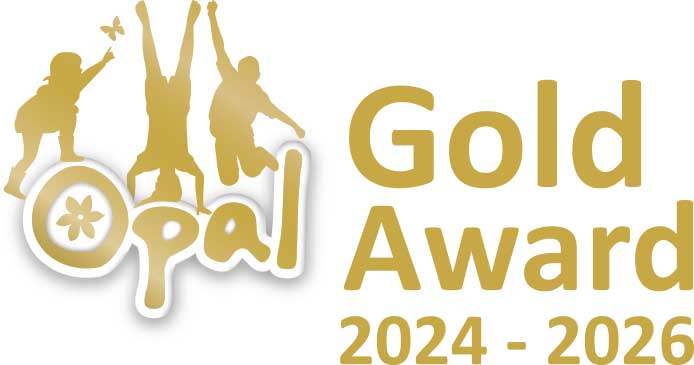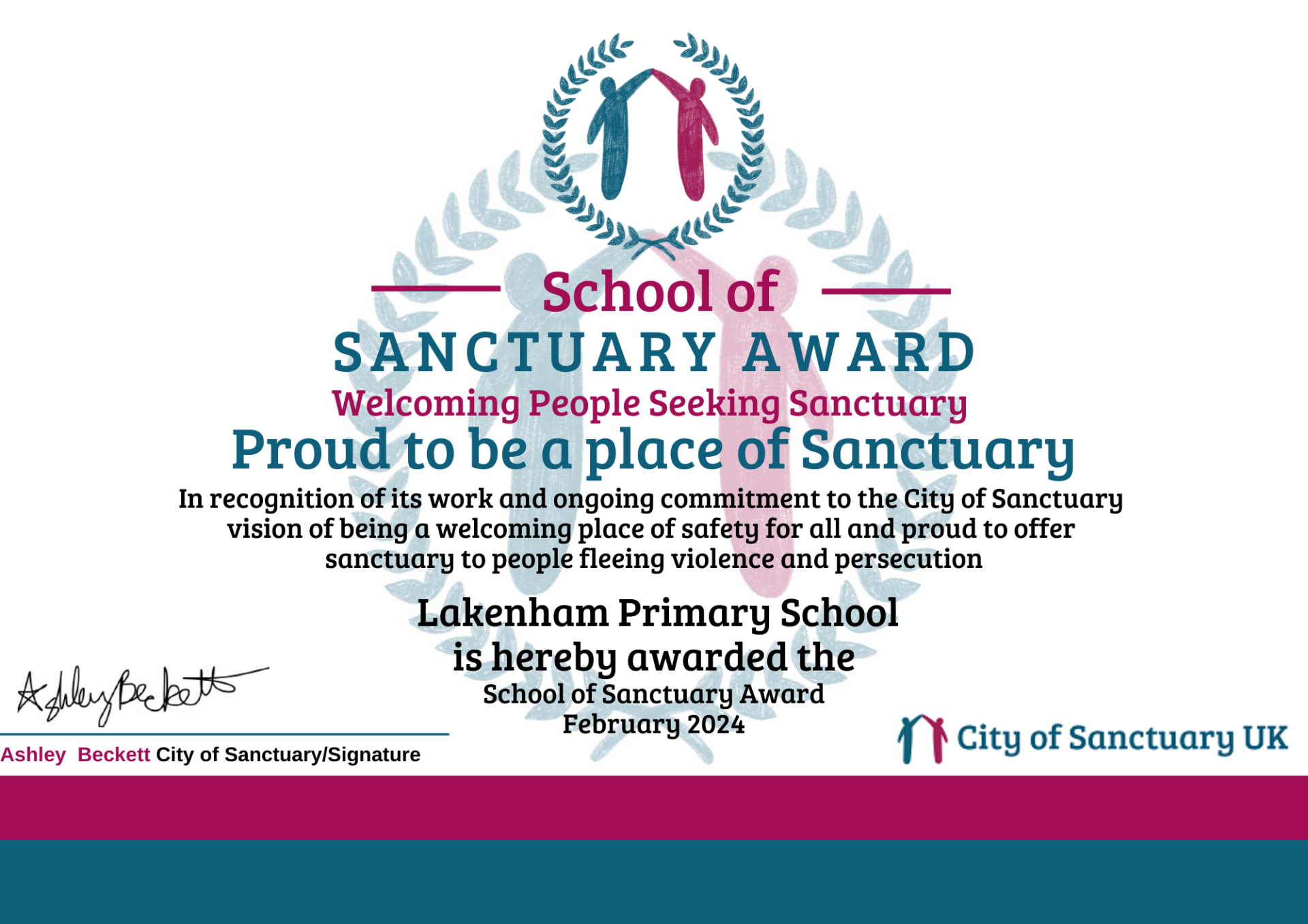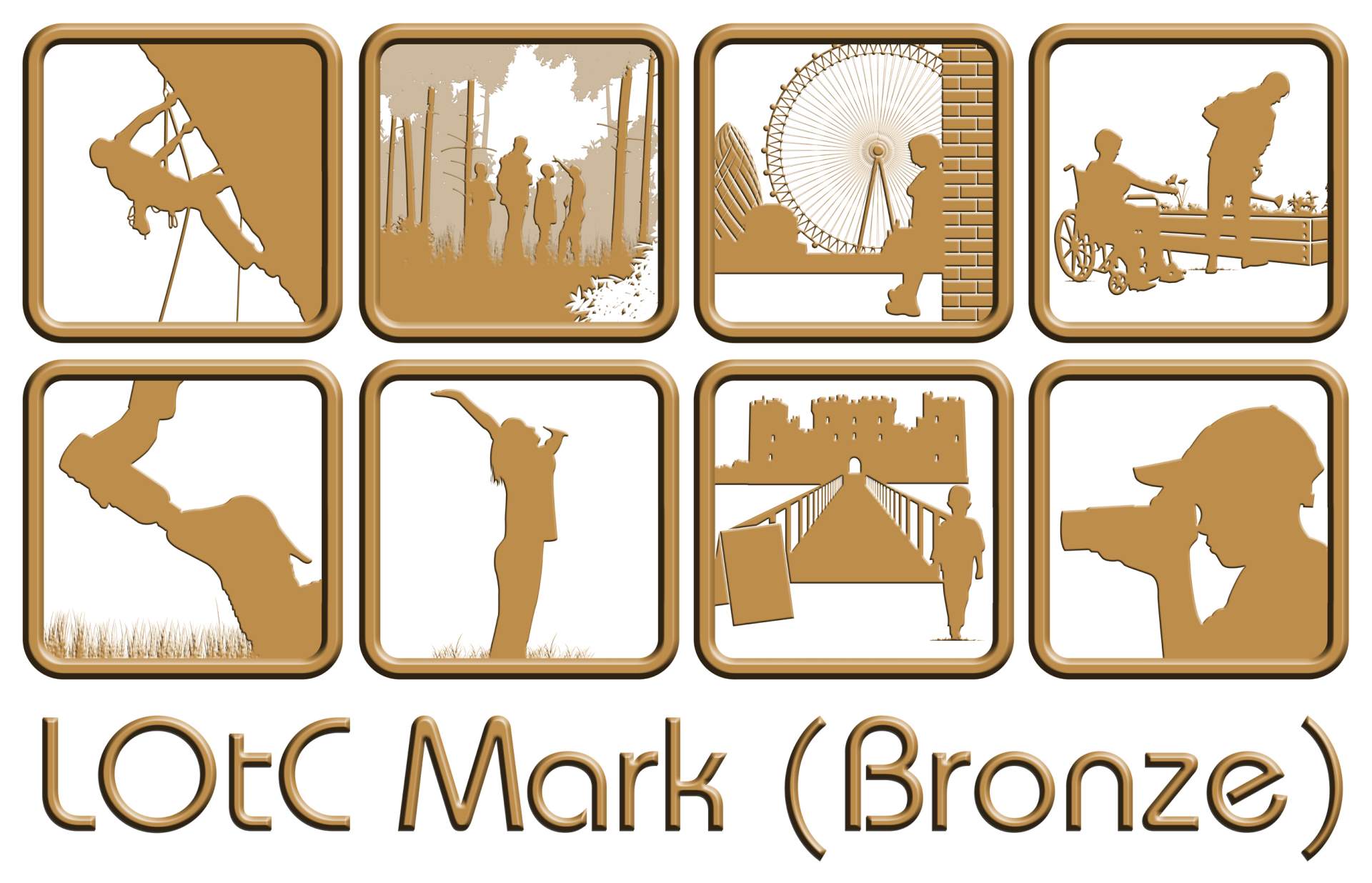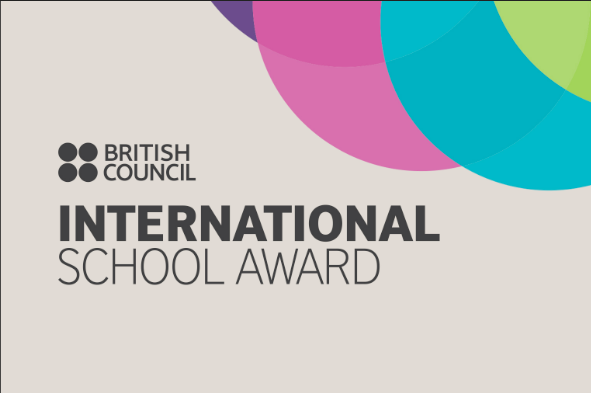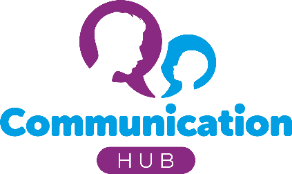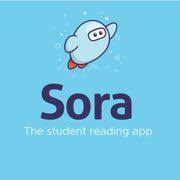Health Information
guidance on infection control in schools poster.pdf
Information leaflet for Children starting School in September
Please click below
If a child sustains a head ‘bump’ or head injury during the school day parents/carers will be informed as soon as practicable.
Guidance on action to take is available here or download our leaflet:
Advice after a Head Injury
If your child has sustained a head injury.
For the first 24 hours at home, monitor your child
Most head injuries do not lead to serious complications. However, if you notice any of the following symptoms you should immediately seek medical advice:
- Severe or worsening headache (a mild headache is normal after a head injury).
- Vomiting (being sick).
- Appearing to be confused or feeling unusually sleepy.
- Fits (collapsing or passing out suddenly).
- Blurred vision or problems with eyesight.
- Dizziness or lack of co-ordination.
- Weakness in one or both of their arms or legs.
- Clear fluid or blood coming out of their ears or nose.
- New deafness in one or both ears.
- Inability to remember what has happened (amnesia).
What to expect:
- Any symptoms should steadily improve.
- Your child may have a headache. A painkiller, such as paracetamol, may help with this. (Please see the instructions on the packet for advice about how much to take and how often).
- Your child is likely to be and feel generally miserable and off colour. They may feel sick without vomiting and not feel hungry.
- Do not force him/her to eat but ensure they have enough to eat and drink (clear fluids such as water).
- Your child is likely to be more tired than usual. Allow them to sleep if they want to. Check on him/her every couple of hours to make sure you are able to wake them. Check they are reacting and responding normally. Do not confuse normal sleep with unconsciousness. If you are unable to wake your child then dial 999 for an ambulance stating you have an unconscious child following a head injury.
It is best to promote rest. Try to keep your child as quiet as possible.
Discourage active games, computer games / screen time, long periods of television and reading until symptoms subside.
https://www.nhs.uk/conditions/minor-head-injury/
If you are concerned about your child at any time and need advice:
- Contact your GP
- NHS 111
- Contact the Accident and Emergency Department if the condition warrants this
- Norfolk and Norwich University Hospital 01603 286286
- Children’s Assessment Unit (CAU) 01603 289774


